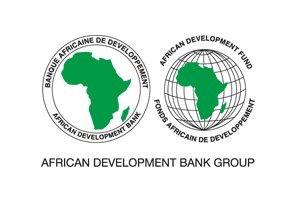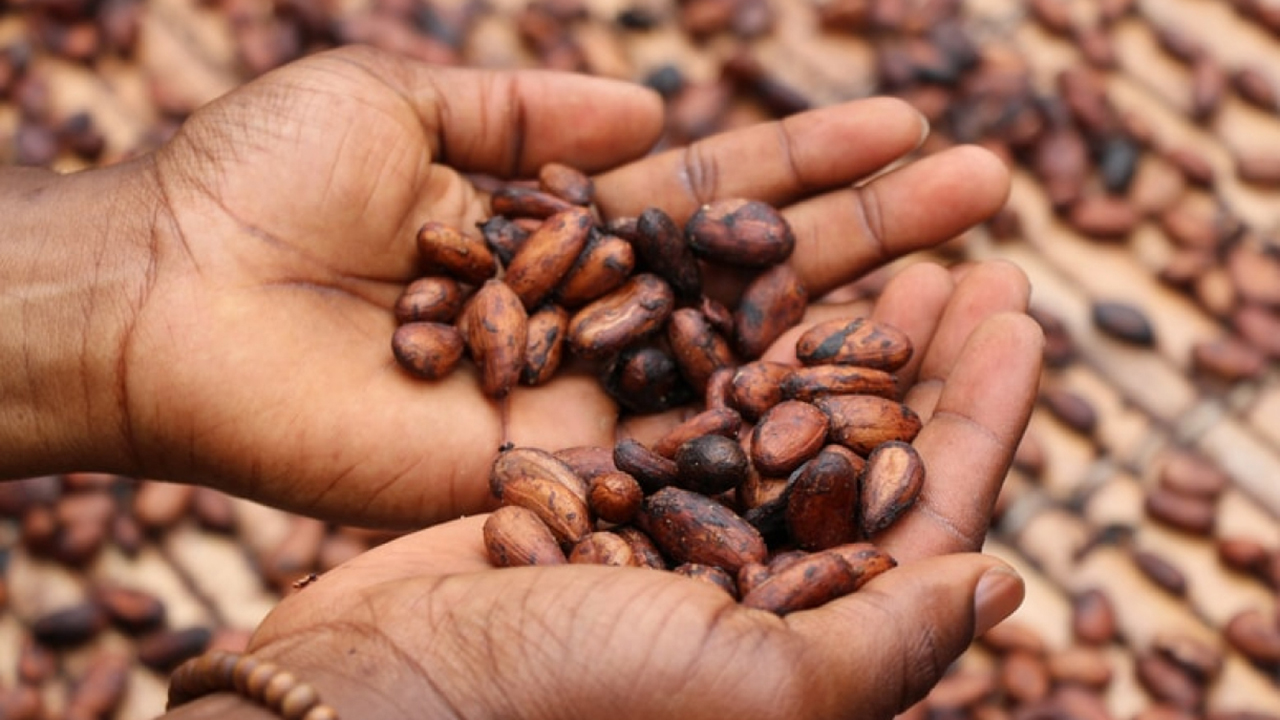Program to Build Resilience for Food and Nutritional Security in the Horn of Africa
T he Global Center on Adaptation (GCA) is mainstreaming climate adaptation solutions and resilience measures into the African Development Bank’s Program to Build Resilience for Food and Nutritional Security in the Horn of Africa. GCA is working with the Alliance of Bioversity International and the International Center for Tropical Agriculture (CIAT) to provide upstream technical assistance under the Africa Adaptation Acceleration Program (AAAP).
This $226 million investment program helps improve food and nutrition security and increase resilience in the Horn of Africa. By strengthening the resilience and adaptive capacity of pastoral and agropastoral communities and production systems to climate change, the program also contributes to improving peace and security in the region. The program covers Djibouti, Eritrea, Ethiopia, Kenya, South Sudan, and Sudan.
GCA is delivering both technical assistance and support in the implementation phase of the program. GCA is providing Kenya and Djibouti with toolkits and the capacity to leverage the most promising digital technologies and climate adaptation approaches to build the resilience of smallholder farmers. These toolkits serve as a roadmap for implementing digital technologies for the agricultural sector in the two countries and, in turn, influence the wider African Development Bank investment.

Investment Value Influenced by GCA
US$226million

Beneficiaries
3 million people in the Horn of Africa

Implementation Period
2022-2026
Partner

Find out more about our Food Security Program

The Food Security Program harnesses the potential of digitalization to promote climate adaptation and resilience of the food security sector.
GCA’s Added Value
GCA is providing upstream technical assistance and support for project implementation by:
- Identifying key agriculture adaptation constraints that can be addressed by digital technologies and developing solutions
- Assessing the conditions and opportunities for digital applications of drought index insurance
- Identifying opportunities for digital agricultural adaptation solutions by preparing climate risk and digital agriculture profiles
- Supporting stakeholders in identifying and implementing opportunities through a digital agricultural adaptation toolkit
- Building the capacity of policymakers to ensure the uptake of digital solutions using the toolkit
- Engaging with the African Development Bank and beneficiary countries to support the feasibility study and technical design of Digital Climate Information and Advisory Services in three countries
Expected Outcomes
The following outcomes are expected from this investment project:
- 30% increase in agricultural (crops and livestock) productivity
- 30% increase in annual income per capita
- 1.3 million farmers and pastoralists using climate services with a gender focus
- 30% increase in uptake of climate risk financing and insurance solutions
- 55,000 jobs created for youth and women
- 750,000 farmers and pastoralists benefiting from extension services using digital advisory services
- 10 climate products and services for agriculture and livestock developed
- 170,000 hectares cultivated using digital climate-enabled solutions
- 15 million livestock benefiting from Digital Climate Advisory Services